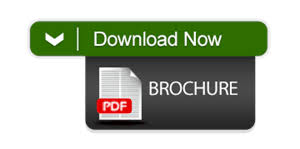
Ritesh Chaudhary
B.P Koirala Institute of Health Sciences, Nepal
Title: Attitudes about the use of smartphones in medical education and practice in emergency department of tertiary care hospita
Biography
Biography: Ritesh Chaudhary
Abstract
Statement of the Problem: Smartphone has emerged common place within the medical field as both a personal and professional devices. Most health care experts desire current clinical facts and decisions that support at the point of patients’ care. Double-check recommendations with scientific apps and additional researches may add benefits towards patients’ greatest satisfaction in medical care.We therefore, like to ascertain the use of Smartphones in medical education and practice among medical officers, residents and faculties of Emergency department of BP Koirala institute of Health Sciences (BPKIHS), Nepal.
Methodology & Theoretical Orientation: A cross-sectional study done in all the medical officers, residents and faculties working in Emergency ward and GP OPD of Department of General Practice and Emergency Medicine at BPKIHS.
Findings: Interviews were conducted with one hundred (100) participants (51% residents, 33% medical officers and 16% faculty members). Over 99% of participants reported using smartphones and 89% of participants used smartphones over more than two years. 55% bought smartphone to use in medical education and 98% of participants found using medical apps in clinical practice. 99% believed that smartphone apps were supportive to learning especially in clinical exam tests and findings 75%. Ninety-six (96%) of the participants believed the concept of smartphones was useful. 66% of respondents expressed their views regarding smartphone use in medical education in future endeavors.
Conclusion & Significance: The study confirms that smartphones are ubiquitously adopted by residents and medical officers and faculty members in medical education and practice at our institute

